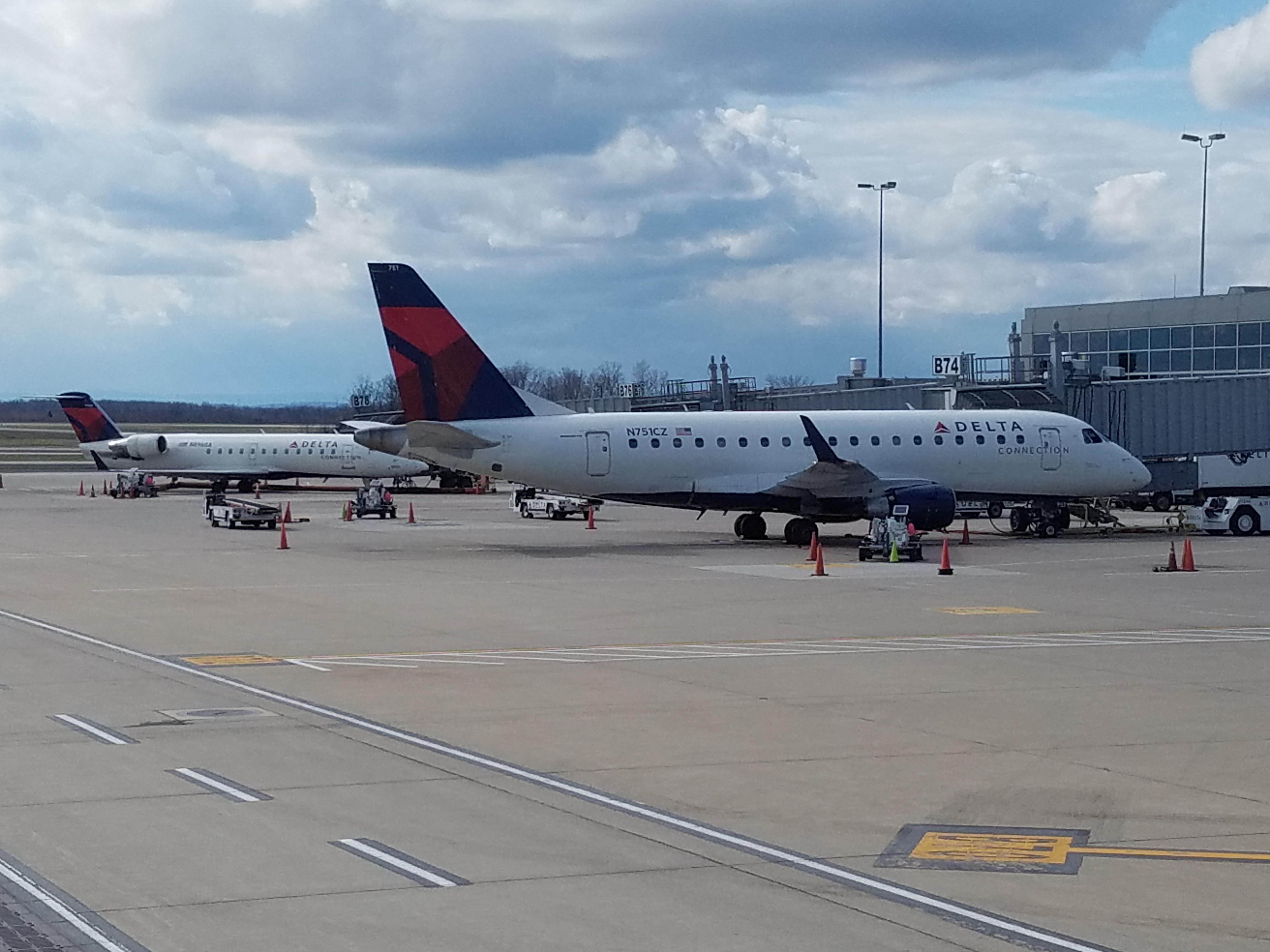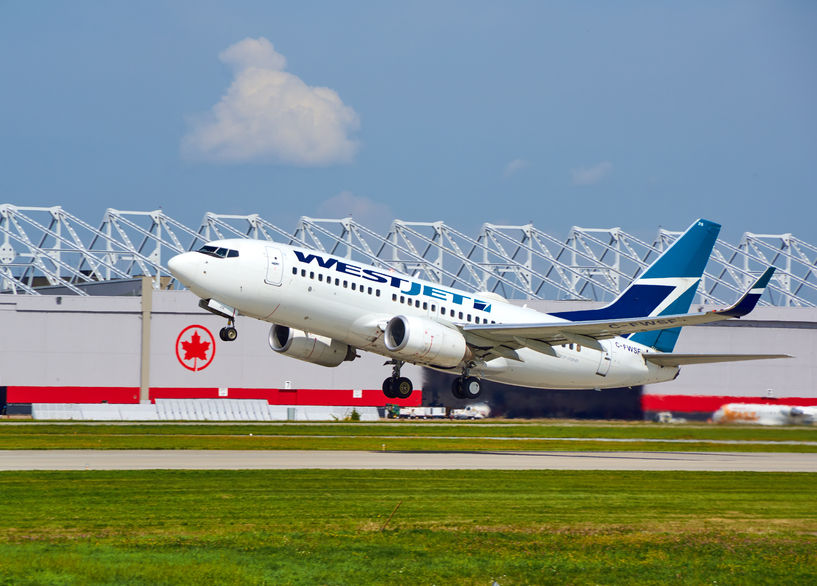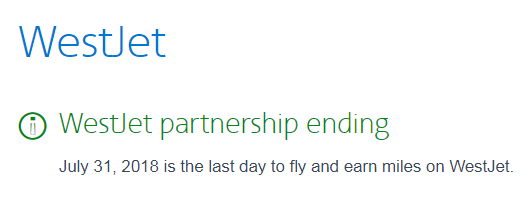The whole campaign against Emirates, Etihad, and Qatar made sense for Delta. Notice that it wasn’t a campaign against Emirates, Etihad, Qatar, and Saudia which is state subsidized and larger than Etihad but which partners with Delta. The US has an Open Skies agreement with Saudi Arabia, too.
It was hypocritical to be sure, even aside from the huge subsidies like moving billions in pension liabilities onto the federal government and becoming arguably the most profitable airline in the world while not having to pay taxes ‘in cash’ until at least next year. But it made sense. Less competition with Delta is good for Delta.

And it made sense for United, as long as United didn’t stick its neck too far out after losing its CEO in a scandal over bribing a government employee for official action which makes it awkward to argue that other airlines are the ones too intertwined with government. United flies to India and has access to the Indian market via its alliance partner Air India.
But it never really made sense for American which hasn’t itself flown to India since just after it went into bankruptcy six years ago but benefited from reach into the India, Pakistan, and surrounding markets via partnerships with Qatar and Etihad. The Etihad partnership had even grown closer since it was first established.
American was talked out of its codeshares with Etihad and Qatar because it was awkward to partner closely while arguing that they’re harmful to U.S. interests. American lost its Gulf Air partnership too.
Those losses are especially felt because American lost its India reach when Delta outfoxed American and blocked its Jet Airways relationship. Now Delta is outmaneuvering American again with a WestJet joint venture and now American is losing its reach into Canada too.

Copyright: dennizn / 123RF Stock Photo
The WestJet-American partnership will terminate July 31.

SkyMiles members learned a long time ago that Delta is not your friend. Delta does what’s best for Delta.
American didn’t learn this when Delta told it to them pulling out of industry lobbying group Airlines for American with Doug Parker as its Chairman because its lobbying interests diverged from other airlines.
American hadn’t learned its lesson as recently as this summer. If they didn’t learn it in November with the loss of Jet Airways maybe they’ll learn it now as the only major U.S. airline left without a Canadian partner.
Delta loves subsidies when they’re for Bombardier C-Series jets. They love subsidies when they’re Georgia fuel tax abatements or benefit their Pennsylvania oil refinery. Delta does what’s best for Delta. Their position is subsidies which benefit Delta are good, while subsidies that don’t benefit Delta are bad. Other airlines that sign onto Delta’s agenda are played for fools.


This is exceptionally painful for PHL-based flyers who enjoy Canada. Recent trip I just booked was $400 per person cheaper out of EWR vs. PHL because being in an AA hub is useless without a partner up north.
You are comparing ‘small’ tax reductions ($20M in fuel tax) to over $50B in subsidies that are completely restricted for open skies. Delta isn’t saying the ME3 should not exist, but if they want to fly to the USA because of open skies, they have to follow the rules.
Your blog is getting too misinformed and one-sided and very biased, and overly repetitive.
@Jason no I am not. $20 billion in pensions relieved by the federal government? US airports are almost exclusively government-owned. ATC is government-run. Neither Delta nor American have paid income tax in years despite being the most profitable airlines in the world.
Regardless — and the white paper ‘totaling’ subsidies that the US airlines put together is a documented fabrication — there’s nothing illegal about subsidies. They are permitted under Open Skies.
Delta doesn’t oppose subsidies. They oppose competition. And subsidies aren’t a reason for the federal government to pick the pockets of US consumers to redistribute income to airline shareholders.
Gary,
Nice re-summary for Jason! Would also reiterate Delta being happy to partner with and not call out heavily subsidized Saudia, Alitalia, China Eastern. They are happy to buy from Airbus and Boeing who both at least began and survived through government subsidized (as in not commercially reasonable) contracts. And the 9/11 related support for all US airlines. And the refusal to apply anti-trust laws appropriately in mergers domestically and joint ventures globally.
There’s an epidemic of name calling without addressing the facts presented. People with that approach seem more vocal than ever.
Not sure how detrimental this will be to AA since it has regular service to Canada’s major airports (YYZ, YVR, YUL and YYC). There never has been EQMs/EQDs earned on WS flights so even if the handful of Canadian AA elites want to fly domestic, WS was no real difference over flying AC. No priorities or free check bags or anything else flying WS or codeshare AA/WS flights. DL has less presence in Canada than AA so has more to gain. WS does codeshare on feeder flights for AF/KLM so might even portend it might seek to become a SkyTeam member as it continues moves to become a full service rather than the LCC it began life as.
For many Canadians the AA partnership wasn’t super helpful as DL has far more flights to Canada. For most of the west coast of CanAda they dropped all of the existing USAir routes.
AA’s hubs of LAX PHX DFW ORD are also not well-placed to access western Canada compared to the likes of SEA SLC DEN, so this is an even bigger blow.
This also highlights the issue of non-alliance partners that can vanish in a split second, as in the case of AS losing partners left and right because of DL’s behind-the-scenes pressure. You can be saving your hard-earned miles for years only to have the target partner getting cut off before you can make your redemption.
@ henry LAX – Another reason why you shouldn’t make any long term plans with miles.
@chancer : i do, but i bank them with allianced airlines so they’re relatively safer for the long term. On UA and AA you usually just get a devaluation but with AS and B6 you can literally have a partner exit with a few months notice. The exit rate at alliances are usually much lower.
Especially at Star with 27 or 28 partners, depending on how you count Avianca Brasil, there are sufficient alternatives such that hardly any single partner-exit event (due to BK or acquisition) can truly be devastating (unlike AS flyers who now have to start paying those outrageous BA YQs)
The premise that AA is some kind of sap is silly.
More and more, this blog panders to the mob.